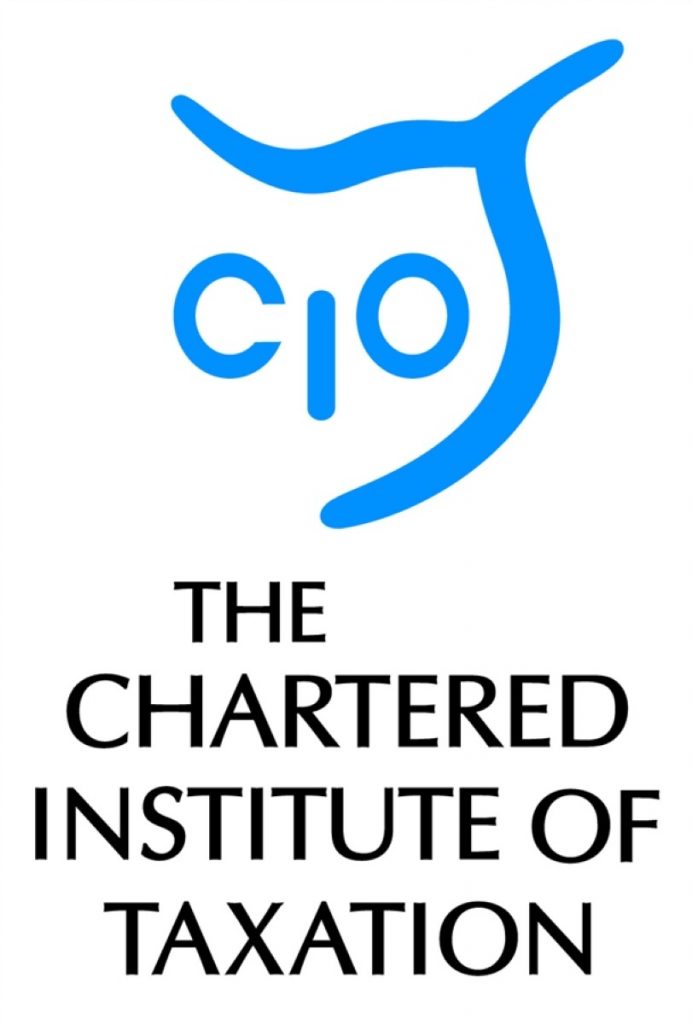Devolution could make tax more complex for Scots, warn tax professionals
The Chartered Institute of Taxation (CIOT) has warned that draft legislation concerning the devolution of tax powers to Scotland could result in a broad swathe of unintended complexities, including forcing many more taxpayers into self-assessment.
The charity also voiced concern that the draft clauses in their current form could lead to a risk of double taxation on overseas income for Scottish taxpayers.
Chairwoman of the CIOT’s Scotland branch, Moira Kelly, said:
“Simplicity must remain the foundation stone of tax devolution; income tax is one area where things will become more complex. For those whose residence status may change during the year, the only way of resolving their tax position will be via self assessment since it will only be possible to determine their final residence status in retrospect. This may force many more taxpayers into self assessment. It is essential that HMRC systems are able to cope with this increased demand.
“Double taxation is another area of concern: it is essential that that current double taxation agreements between the UK and other countries treat Scottish income tax in the same manner as UK income tax. It is not only new Scottish taxes that could lead to double taxation, but also new UK taxes. Therefore, this process needs to consider, in addition, new taxes proposed by the UK Government.
“Scottish taxpayers will also face a uniquely complex system regarding the taxation of their savings income and non-savings income. The former will be subject to UK income tax rates and the latter will be subject to Scottish income tax rates. If the Scottish Government decides to set different rates and thresholds for Scottish income tax to those for UK income tax this would result in a great deal of complexity for Scottish taxpayers to fully understand their tax calculations and liabilities.”
The CIOT’s Low Incomes Tax Reform Group (LITRG) also responded to the draft legislation, calling for closer alignment of the tax and welfare systems3.
LITRG’s Technical Director, Robin Williamson, said:
“Devolution of tax powers to Scotland represents an historic opportunity to align the tax and welfare systems. This would help to ensure that the taxpayer and claimant has one port of call, particularly where there are interactions between tax, benefits and credits.
“In order to ensure this happens there must be a concerted collaborative effort, not only between the Scottish and UK Governments, but also between the Scottish Government and Scottish councils, if the Scottish Government decides to devolve powers to a more local level.”
Notes for Editors
1. The Scotland Office published draft clauses in its document, Scotland in the United Kingdom: An enduring settlement, published 22nd January 2015. The document can be read in full, here.
2. The response of the Chartered Institute of Taxation, sent to the Scotland Office 30th March 2015, can be read in full here.
3. The response of the Low Incomes Tax Reform Group can be read in full, here.
4. The Low Incomes Tax Reform Group (LITRG)
LITRG is an initiative of the Chartered Institute of Taxation to give a voice to the unrepresented. Since 1998 LITRG has been working to improve the policy and processes of the tax, tax credits and associated welfare systems for the benefit of those on low incomes.
5. The Chartered Institute of Taxation (CIOT
The CIOT is the leading professional body in the United Kingdom concerned solely with taxation. The CIOT is an educational charity, promoting education and study of the administration and practice of taxation. One of our key aims is to work for a better, more efficient, tax system for all affected by it – taxpayers, their advisers and the authorities. The CIOT’s work covers all aspects of taxation, including direct and indirect taxes and duties. Through our Low Incomes Tax Reform Group (LITRG), the CIOT has a particular focus on improving the tax system, including tax credits and benefits, for the unrepresented taxpayer.
The CIOT draws on our members’ experience in private practice, commerce and industry, government and academia to improve tax administration and propose and explain how tax policy objectives can most effectively be achieved. We also link to, and draw on, similar leading professional tax bodies in other countries. The CIOT’s comments and recommendations on tax issues are made in line with our charitable objectives: we are politically neutral in our work.
The CIOT’s 17,000 members have the practising title of ‘Chartered Tax Adviser’ and the designatory letters ‘CTA’, to represent the leading tax qualification.
James Knell
External Relations Officer
+44 (0)20 7340 2702





-01.png)